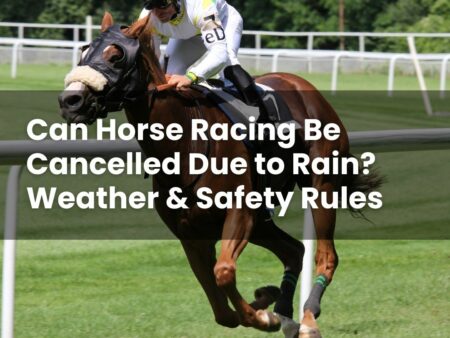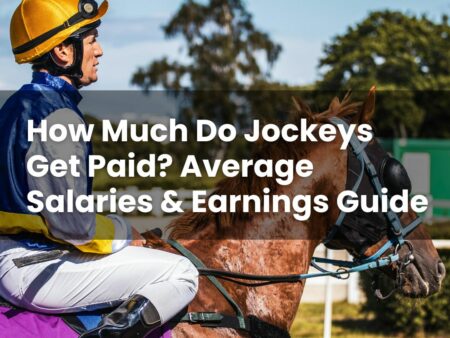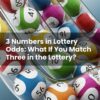Betting on football can involve more than just who wins or loses. One type of market that’s gained interest is betting on player shots on target.
This guide focuses on alternative player shots on target bets. It explains what these bets involve, how they differ from standard markets, and what you may want to keep in mind if you’re considering them.
You’ll find out how some bookmakers may offer more detailed betting options, like choosing if a player will have 2 or more shots on target instead of just one. We’ll also look at some factors that can affect this type of bet, including team line-ups, player roles, and how different bookmakers handle market rules.
If you’re unfamiliar with football betting, this guide is designed to help you understand this specific market clearly and responsibly.
What Does Alternative Player Shots on Target Mean?
In football betting, a shot on target means a ball that would go into the net if not blocked by the goalkeeper or a defender on the goal line. Bookmakers use this definition to create markets that let you bet on whether a particular player will hit the target during a match.
With standard markets, the most common option is a simple “yes or no” bet on whether a player will have at least one shot on target. Alternative player shots on target markets give you more options. For example, instead of just betting that a player will hit the target once, you might choose from:
- 2 or more shots on target
- 3 or more shots on target
- 4 or more shots on target
Some bookmakers may even offer ways to build your own bet, allowing you to combine multiple selections into a single wager. These features offer more choice, but also make it important to check how each bookmaker defines a shot on target and what rules apply to the bet.
Alternative Player Shots on Target Bet Example
Let’s say there’s a Premier League match between Chelsea and Liverpool, and you’re looking at betting on Mohamed Salah. In the alternative shots on target market, the options might look like this:
- Salah to have 2+ shots on target at 5/2 (meaning a £10 bet could return £35 in total, including your stake, if successful)
- Salah to have 3+ shots on target at 6/1
- Salah to have 4+ shots on target at 12/1
If you pick the 3+ option, the bet will only pay out if Salah has at least three shots on target during the match. If he only has two or fewer, the bet does not win.
These markets can change depending on things like who is starting, recent performances, and the type of match. Odds may also vary between bookmakers, depending on how they set their prices. So, it may be worth checking which stats provider the bookmaker uses, as this could affect what counts as a shot on target.
How Do Bookies Set Shots on Target Odds?
Bookmakers rely on past data, expert analysis, and real-time information to set odds for shot on target markets. They assess a range of factors, including:
- A player’s recent shooting accuracy
- The average number of shots they take per game
- How many minutes they’re expected to play
- The formation and tactics used by both teams
For example, if a forward regularly has around 2.8 shots on target per match, their odds to get 2+ shots may be quite short, such as 6/4. But if they’re up against a side known for strong defending, those odds may shift.
Each bookmaker uses its own methods and data sources, which is why you may find the odds slightly different from one site to another. Some may also use internal analysts, while others might rely on third-party statistics, such as Opta.
Bookmakers may adjust these odds right up until kick-off based on confirmed line-ups, injuries, or other match-related news.
It’s important to keep in mind that markets are created using predictions based on stats, but the actual match outcome is never certain.
Evaluating Player Form for Shot Bets
Form refers to how well a player has been performing recently. When looking at alternative shots on target markets, checking form can help you make a more informed decision.
Here are some key things to look at:
- Recent Match Stats: Has the player consistently been getting shots on target in their last few games? For instance, if they’ve had 7 shots on target in their past 3 appearances, that might be worth noting.
- Position on the Pitch: A striker is more likely to shoot than a full-back. If a player has recently changed position, this could impact their chances of hitting the target.
- Injury and Match Fitness: Players returning from injury may not play the full match or might not be at full sharpness.
- Strength of Opposition Defence: Facing a team with a strong defensive record could reduce chances for shots on goal.
- Playing Time: Starters tend to have more chances to shoot compared to substitutes who only play part of the match.
Looking at these elements won’t give you a definite answer, but it may help you understand what you might expect.
When to Consider Alternative Bets
You might explore alternative shots on target markets when you think a player could be especially active during a match. This could be because of their recent form, a tactical shift, or changes in the opposing team’s defence.
For example, if a team is missing key defenders, the opposing striker may have more space and chances to shoot. Or maybe you’ve seen that a certain winger is being given a more attacking role lately and has had multiple shots on target in recent matches.
In big fixtures, like local derbies or cup finals, teams might play more aggressively, increasing the chances of shots from both sides. Some bookmakers also allow combination bets, such as:
- Both Bukayo Saka and Marcus Rashford to have 2+ shots on target
These types of bets require every part to come through, so while the potential payout may be higher, the chance of the bet not winning also goes up.
Before betting, take a few minutes to read through the market terms, particularly if you’re combining selections. Some bookmakers may void bets differently if one leg doesn’t play, or if the match is postponed.
If you’re thinking about betting, it’s important to do so safely. Gambling in any form involves risk. There are no guaranteed outcomes, and it’s possible to lose money. Set a budget that works for you, take breaks, and don’t bet more than you can afford to lose. For free tools and confidential support, visit BeGambleAware.org.







